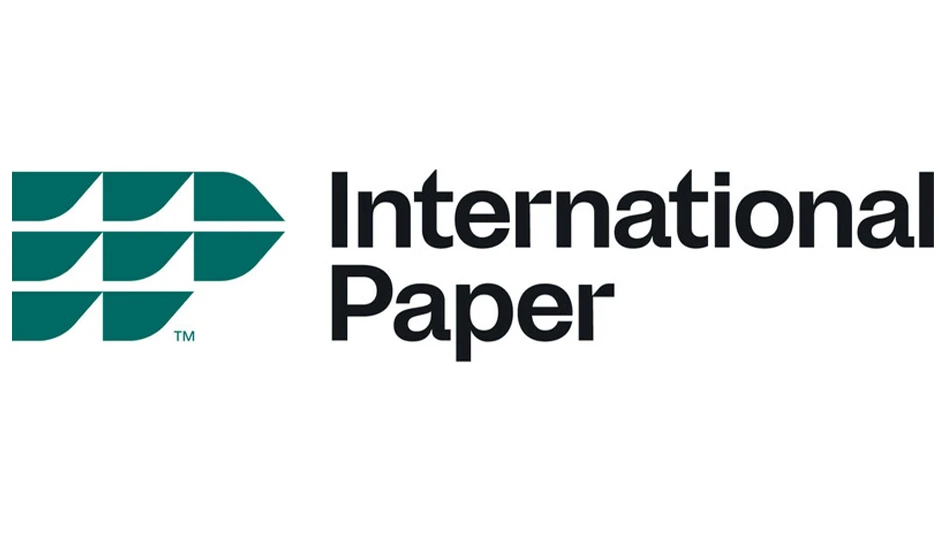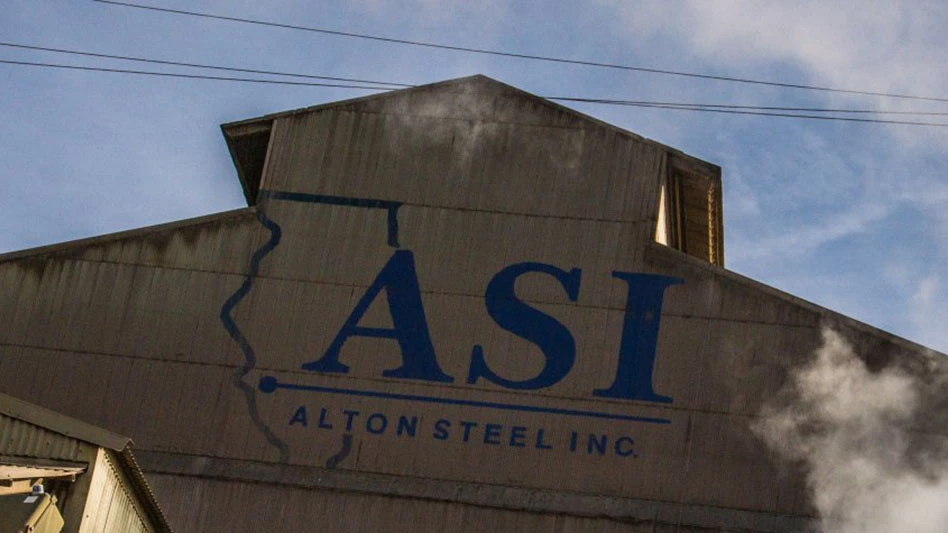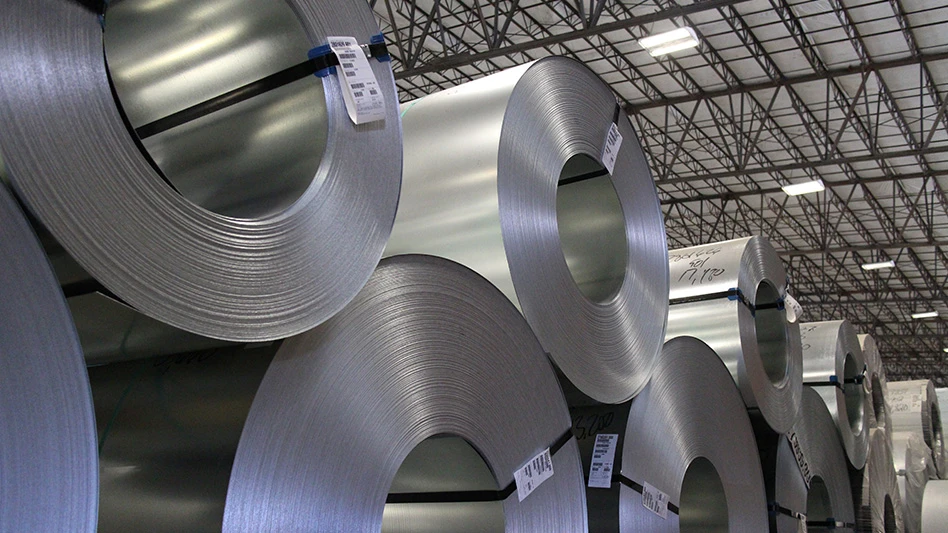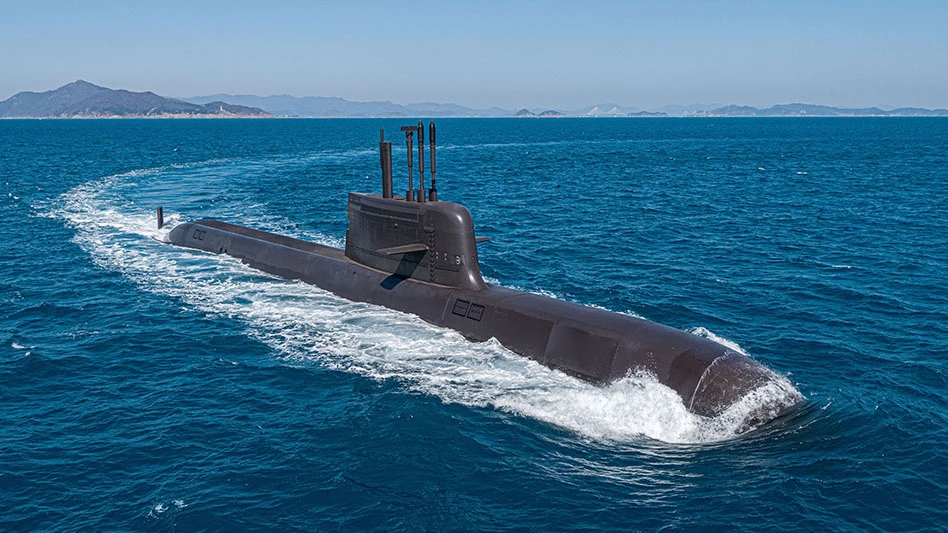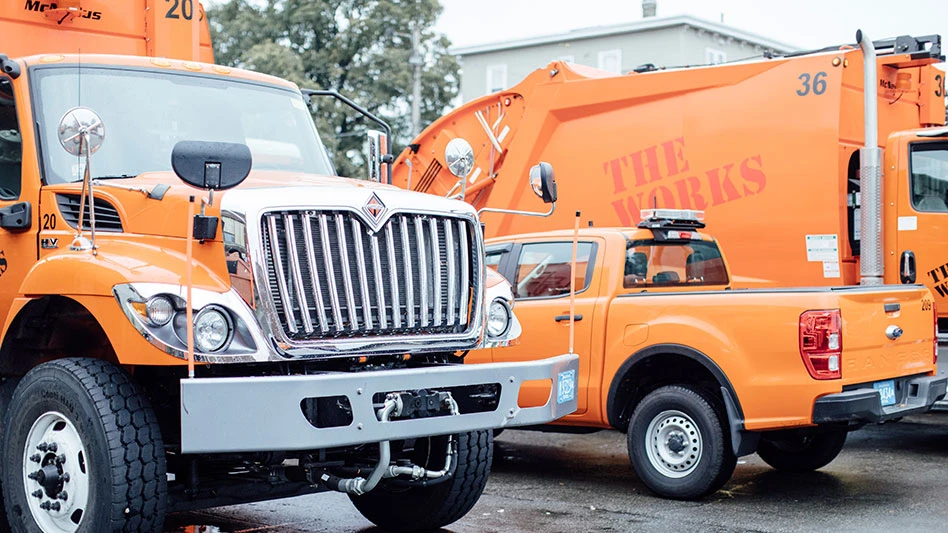
swisshippo | stock.adobe.com
As NASA continues its efforts toward long-duration human space travel—including building what it says is a sustained human presence on the moon through Artemis missions—the agency says it needs novel solutions for processing inorganic material like food packaging, discarded clothing and science experiment materials.
Now, NASA has created a new competition, the LunaRecycle Challenge, offering $3 million in prizes for innovations in recycling on deep space missions.
While previous efforts focused on reducing trash mass and volume, NASA says the LunaRecycle Challenge will prioritize technologies for recycling material into usable products needed for off-planet science and exploration activities.
“Operating sustainably is an important consideration for NASA as we make discoveries and conduct research both away from home and on Earth,” says Amy Kaminski, program executive for NASA’s Prizes, Challenges and Crowdsourcing program. “With this challenge, we are seeking the public’s innovative approaches to waste management on the Moon and aim to take lessons learned back to Earth for the benefit of all.”
The LunaRecycle Challenge incentivizes the design and development of energy-efficient, low-mass and low-impact recycling solutions that address physical waste streams and improve the sustainability of longer lunar missions, according to NASA.
“Through the power of open innovation, which draws on the public’s ingenuity and creativity to find solutions, NASA can restructure the agency’s approach to waste management, support the future of space travel and revolutionize waste treatments on Earth, leading to greater sustainability on our home planet and beyond,” NASA says in a news release announcing the challenge.
The competition offers two tracks: a Prototype Build track and a Digital Twin track.
The Prototype Build track focuses on designing and developing hardware components and systems for recycling one or more solid waste streams on the lunar surface, while the Digital Twin track focuses on designing a virtual replica of a complete system for recycling solid waste streams on the lunar surface and manufacturing end products. NASA says that offering a Digital Twin track further lowers the barrier of entry for “global solvers” to participate in NASA Centennial Challenges and contribute to agency missions and initiatives.
Teams can compete in either or both tracks, and NASA says each track will carry its own share of the $3 million prize purse.
NASA also says the LunaRecycle Challenge will address some of the aerospace community's top technical challenges, and the three technological needs the competition will address include logistics tracking, clothing and trash management for habitation; in-space and on-surface manufacturing of parts and products; and in-space and on-surface manufacturing from recycled and reused materials.
The agency has contracted the University of Alabama to be its allied partner for the duration of the challenge. The university will coordinate with former Centennial Challenge winner AI Spacefactory, based in Secaucus, New Jersey, to facilitate the challenge and manage competitors.
“I am pleased that NASA’s LunaRecycle Challenge will contribute to solutions pertaining to technological needs within advanced manufacturing and habitats,” says Kim Krome, acting program manager for agency’s Centennial Challenges and challenge manager of LunaRecycle. “We are very excited to see what solutions our global competitors generate, and we are eager for this challenge to serve as a positive catalyst for bringing the agency, and humanity, closer to exploring worlds beyond our own.”
More information on the LunaRecycling Challenge can be found on the competition’s website.
Latest from Recycling Today
- Vecoplan appoints CFO
- Aurubis raises full-year forecast
- Levitated Metals adds LIBS sorting technology
- Redwood Materials closes on $425M in Series E financing
- Updated: Wieland Chase expands northwest Ohio facility
- Recovered paper traders report lukewarm market
- SHFE trading expansion focuses on nickel
- Maverick Environmental Equipment opens Detroit area location
